Fertile land for the young generation to exploit
Reporter (PV): Professor, what role does folk art performance play for the young generation in preserving and promoting national cultural identity?
Professor, Dr. Le Hong Ly: Performing folk arts is a unique form of community cultural activity, playing a very important role in raising awareness and experience of the young generation about national culture. When young people hear, see and understand more about the rituals, forms of singing and dancing, the old way of life... of their ancestors, they will gradually develop a love for it. From there, the work of preserving and promoting national cultural identity will continue naturally and firmly.
I believe that folk performances today are the most vivid means of educating the young generation about their culture. In addition, this activity is also an important component in developing tourism in localities, a fertile “land” for young people to exploit and create.
|
Professor, Dr. Le Hong Ly. |
PV: What is your opinion on the current trend of restoring and reviving traditional values in our country?
Professor, Dr. Le Hong Ly: In Vietnam today, all ethnic groups want to restore their identity. This trend comes from two parallel reasons: One is to preserve identity, the other is to develop the economy based on cultural characteristics. The more unique the culture, the more attractive it is. Places that know how to take advantage of differences will attract tourists. Previously, some foreigners commented that our festivals were similar to those of countries in the region, but after careful study, they realized that each village and each region has its own characteristics. It is that difference that is the advantage. Therefore, many localities are trying to exploit the unique strengths of folk arts to create tourist highlights.
PV: Currently, how is the treatment of artisans - "living human treasures" - implemented?
Professor, Dr. Le Hong Ly: Artisans, those who have experienced, understood and have the skills to practice folk arts are the “living human treasures” mentioned by the United Nations Educational, Scientific and Cultural Organization (UNESCO). Only those with direct experience and the ability to pass on the profession can preserve the essence of the heritage. Therefore, conferring the title of Folk Artisan or Meritorious Artisan is an important step, in which one criterion for conferring the title is the ability to teach. This is the most effective way of preservation, which cannot be replaced by books or documents.
However, the current material treatment regime is uneven and still modest. Some provinces and cities are doing quite well, but some localities still do not have support policies. Artisans need health insurance and a regular support to confidently pass on their profession. The Vietnam Folk Arts Association has made many recommendations, but a common mechanism from the State is needed. In addition, socialization should be encouraged. If the State has a tax incentive mechanism for businesses sponsoring cultural heritage, it will promote private resources to participate. Titles are an important step, but not enough. There needs to be a material treatment mechanism and practical support so that an honorary degree does not become meaningless when the artist does not have a secure life to continue passing on his profession.
“Three golden keys” to preserving and promoting folk arts
PV: What is the major challenge that folk culture is facing today, Professor?
Professor, Dr. Le Hong Ly: Folk culture is facing many challenges: Urbanization and industrialization, when villages change, community living spaces decrease, traditional activities gradually lose their place to take place.
Impact of technology and the internet: Technology has made people less face-to-face. Family ties have been weakened as everyone has their own phone, making it difficult to continue traditions.
Cultural reception habits of young people: They are easily influenced by popular culture and global entertainment, so they pay little attention to traditional rituals, lyrics, and musical instruments.
Homogenization risk: If regions join forces into a common program without preserving local characteristics, cultural diversity will be lost.
|
Art performance using folk materials of Hat Van performed at the first Hanoi World Cultural Festival, 2025. Photo: VIET LAM |
PV: So what opportunities can we take advantage of to develop folk arts?
Professor, Dr. Le Hong Ly: Technology and regional connectivity are the biggest opportunities. Digitalization and communication help spread quickly and widely. Performances that previously only took place within a village can now appear on digital platforms, on tours, in inter-provincial and inter-regional festivals to create a larger scale. Thanks to that, culture is no longer fragmented and small-scale but can develop into cultural products at the provincial and regional scale.
However, the prerequisite is to preserve the identity of each community. The connection must increase in scale, but must not erase the individuality. It is necessary to follow two parallel steps: First, when connecting, it is necessary to preserve the core of each cultural expression, cooperating only on the organizational, marketing, and logistics aspects. Second, build a “heritage alliance” model where each locality maintains its own practices but uses a common platform to promote and welcome visitors.
PV: Professor, could you elaborate on the role of digitalization and heritage education in preserving the value of folk arts and culture?
Professor Le Hong Ly : Regarding digitization, this is something that needs to be done immediately because it brings two benefits: Firstly, it stores and preserves documents, audio, images, and texts about rituals, songs, and musical instruments; secondly, it disseminates information and serves communication and education purposes. Once digitized, it is possible to create teaching programs, experiential clips, and a repository of materials for students and the public.
In terms of education, UNESCO considers heritage education a mandatory criterion. Education cannot be just dry lectures, but must be approached through practical experiences. Schools need to take students to villages, to practice places so that they can directly participate, learn to play musical instruments, learn to dance. What is learned through experience will be more deeply rooted. Many localities and schools have begun to implement this model and have seen clear results.
It should be noted that currently, some commercialized tourism performance programs tend to be more "fake" and "acting" than "real". Therefore, it is necessary to clearly distinguish two groups: the group of artisans, the traditional practicing community (the subject of preservation) and the group of performance teams mainly serving tourism (illustrative). If only relying on commercial performance teams without practicing artisans, it is easy to distort the content. The State and cultural management agencies must clearly define the criteria for which is a traditional performance and which is a commercial performance, on that basis promulgate policies and support artisans.
PV: What do you suggest to enhance the status of folk heritage in modern life?
Professor, Dr. Le Hong Ly: To enhance the status of heritage, we need to: Comprehensively digitize documents, audio and video recordings, written records of rituals, melodies, and musical materials. Bring heritage experiences into educational programs from preschool to high school, through field trips, workshops, and cultural clubs.
Perfecting the remuneration policy for artisans: Insurance, annual allowances, support for performance and teaching conditions. Encouraging socialization and preferential mechanisms for businesses supporting culture, such as tax reduction for sponsorship and cooperation in developing cultural products. Clearly distinguishing between traditional performances and commercial performances, building criteria and certification for performance groups with heritage value.
Invest systematically in ethnology and folk song research so that development programs are based on scientific foundations.
The above also means that we must utilize the "three golden keys" to preserve and promote folk arts, which are: rewarding artisans, digitization, and focusing on experiential education.
PV: Thank you very much, professor!
According to the People's Army
Source: https://baoangiang.com.vn/bao-ton-phat-huy-gia-tri-van-nghe-dan-gian-de-giu-hon-dan-toc-a464959.html


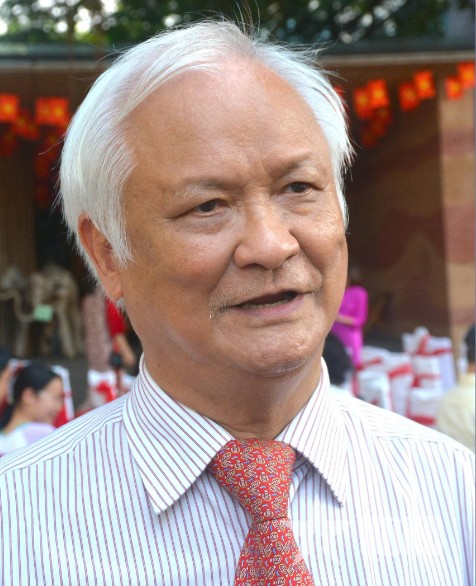
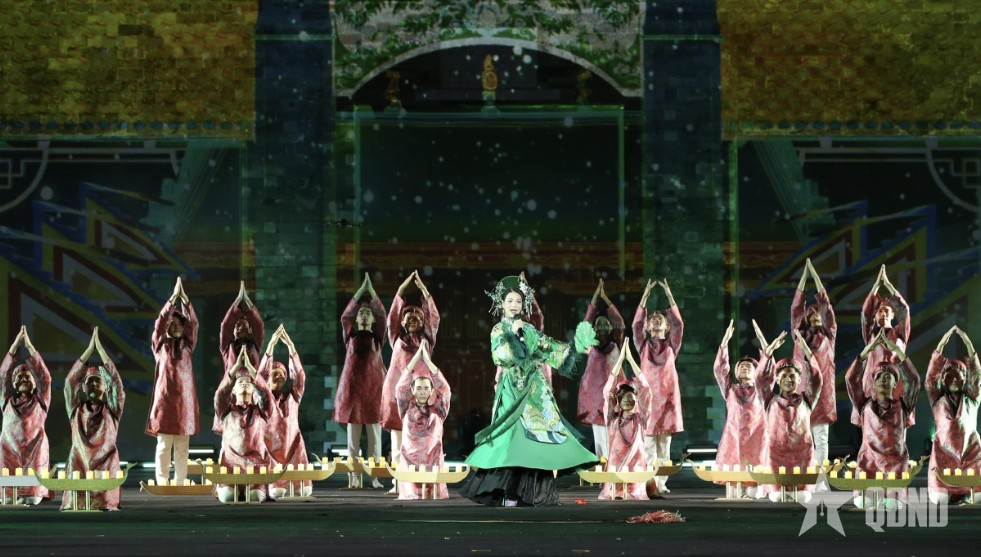

![[Photo] Prime Minister Pham Minh Chinh holds a phone call with the CEO of Russia's Rosatom Corporation.](/_next/image?url=https%3A%2F%2Fvphoto.vietnam.vn%2Fthumb%2F1200x675%2Fvietnam%2Fresource%2FIMAGE%2F2025%2F12%2F11%2F1765464552365_dsc-5295-jpg.webp&w=3840&q=75)


![[Photo] Closing Ceremony of the 10th Session of the 15th National Assembly](/_next/image?url=https%3A%2F%2Fvphoto.vietnam.vn%2Fthumb%2F1200x675%2Fvietnam%2Fresource%2FIMAGE%2F2025%2F12%2F11%2F1765448959967_image-1437-jpg.webp&w=3840&q=75)



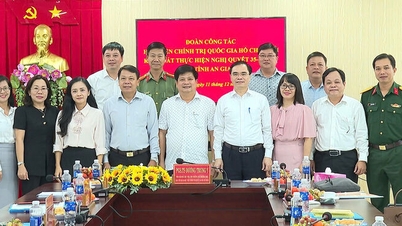
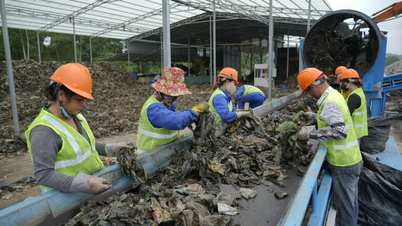
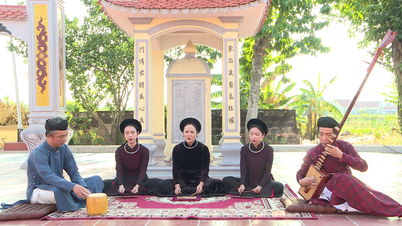

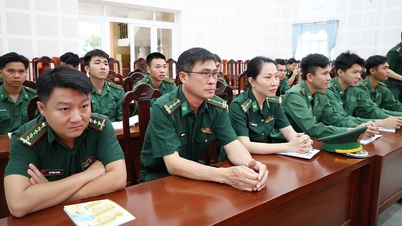


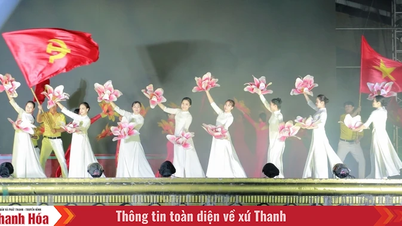




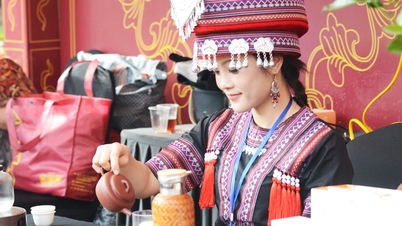

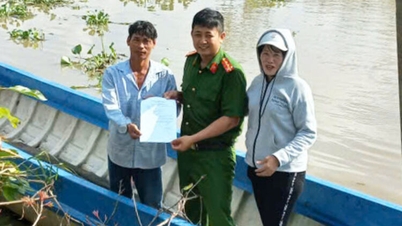
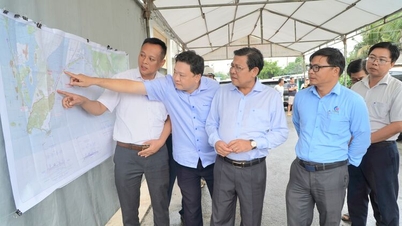




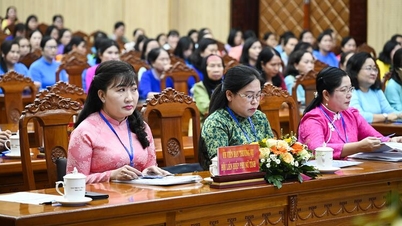


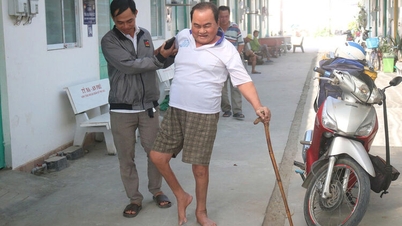

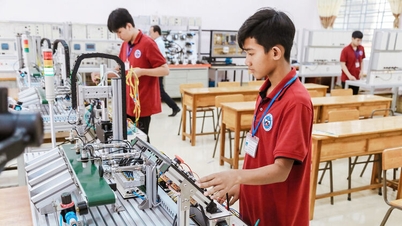





















![[OFFICIAL] MISA GROUP ANNOUNCES ITS PIONEERING BRAND POSITIONING IN BUILDING AGENTIC AI FOR BUSINESSES, HOUSEHOLDS, AND THE GOVERNMENT](https://vphoto.vietnam.vn/thumb/402x226/vietnam/resource/IMAGE/2025/12/11/1765444754256_agentic-ai_postfb-scaled.png)





































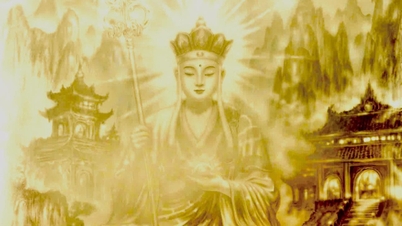










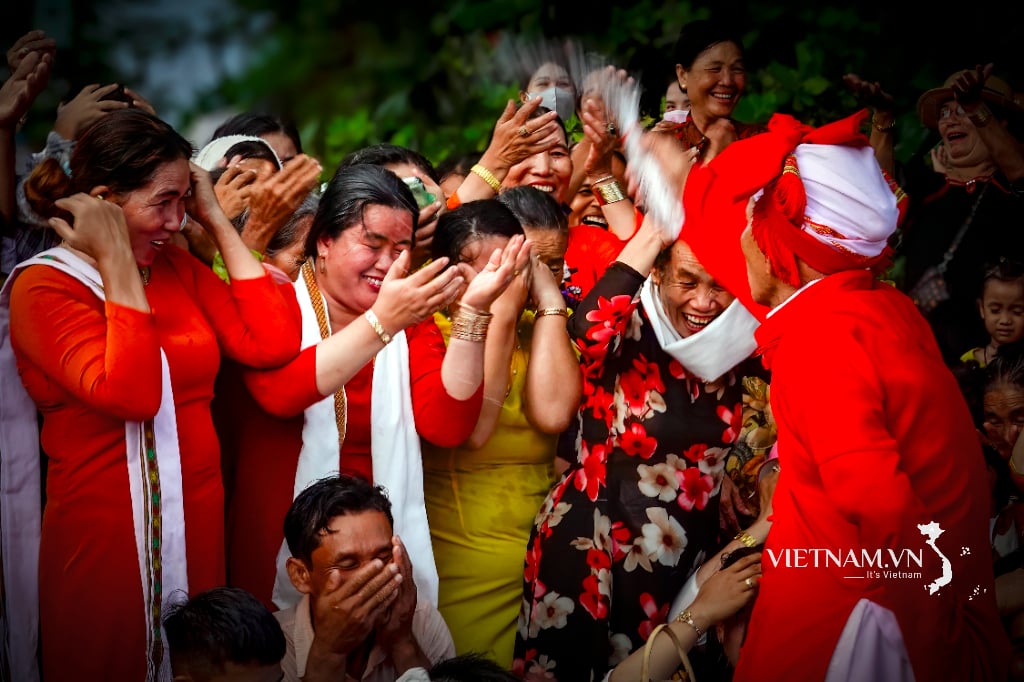



Comment (0)